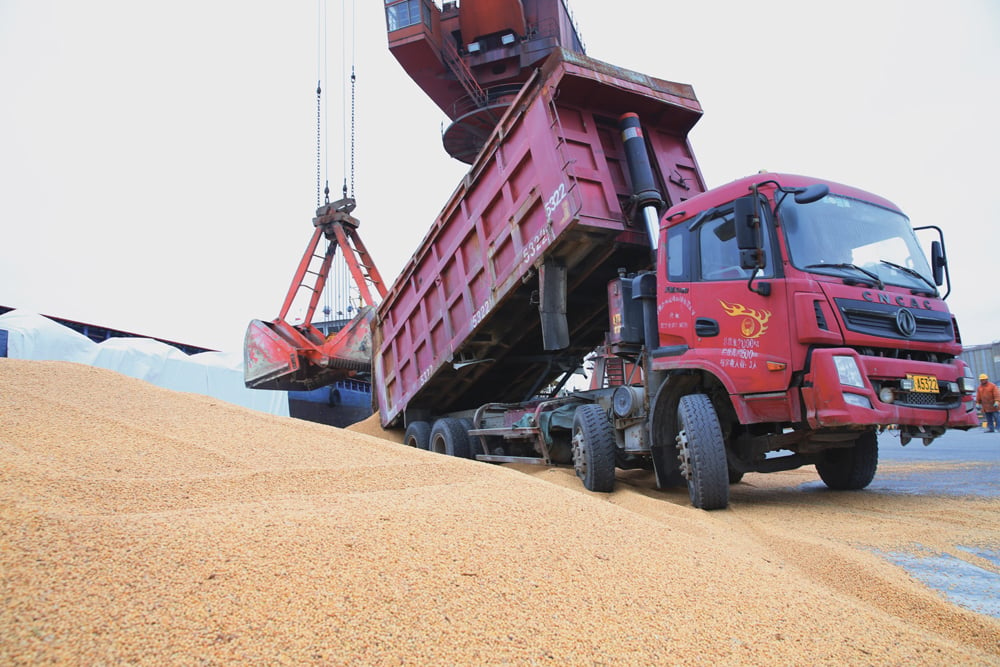With the backing of the Liberals, the Harper government is taking steps to force passage of its free trade deal with Colombia.
The government will impose time allocation to bring an end to debate on the proposed trade deal, reached last year. Approval has been delayed by objections from the NDP and Bloc Quebecois, who say Canada is ignoring the Colombian government’s abuse of political opponents.
The bill also got hung up when the Conservatives prorogued Parliament in December. The free trade agreement (FTA) won’t come into force until Parliament approves it.
Read Also

Manitoba sclerotinia picture mixed for 2025
Variations in weather and crop development in this year’s Manitoba canola fields make blanket sclerotinia outlooks hard to pin down
In late March, the government accepted a proposal by Liberal trade critic Scott Brison. The Liberals would support the bill in return for the government agreeing to the presentation to Parliament of annual reports from Colombia and Canada on the human rights impact of the deal in both countries.
The president of Colombia came to Ottawa last year to encourage passage of the bill to help his strike-torn country achieve normalcy.
While the move won’t end the NDP-Bloc filibuster of the bill and a similar deal with Jordan, it means the legislation will get through Parliament in the next month or two.
The Canadian Wheat Board, Grain Growers of Canada and many other farm organizations have called on Parliament repeatedly to pass the agreement because Colombia is a promising market for Canadian food products.
Canadian exports to Colombia expected to benefit from an implemented FTA include wheat, pulses, barley, paper products and heavy equipment.
The opposition parties, however, say the Colombian government violates basic human rights, permits political violence and doesn’t protect that country’s environment.
BETTER THAN WAITING
With negotiations on a new international trade agreement under the World Trade Organization (WTO) stalled by divisions among the major trading nations, Canada has followed the lead of other countries by seeking bilateral trade deals with key trading partners. Most observers agree that while the FTAs aren’t as good as a strong WTO agreement, they’re better than waiting.
Agriculture Minister Gerry Ritz has said the FTA with Jordan, for example, will eliminate 90 per cent of that country’s agricultural tariffs, which will benefit exports of pulses, frozen french fries, beef, animal feed and some prepared foods.


















